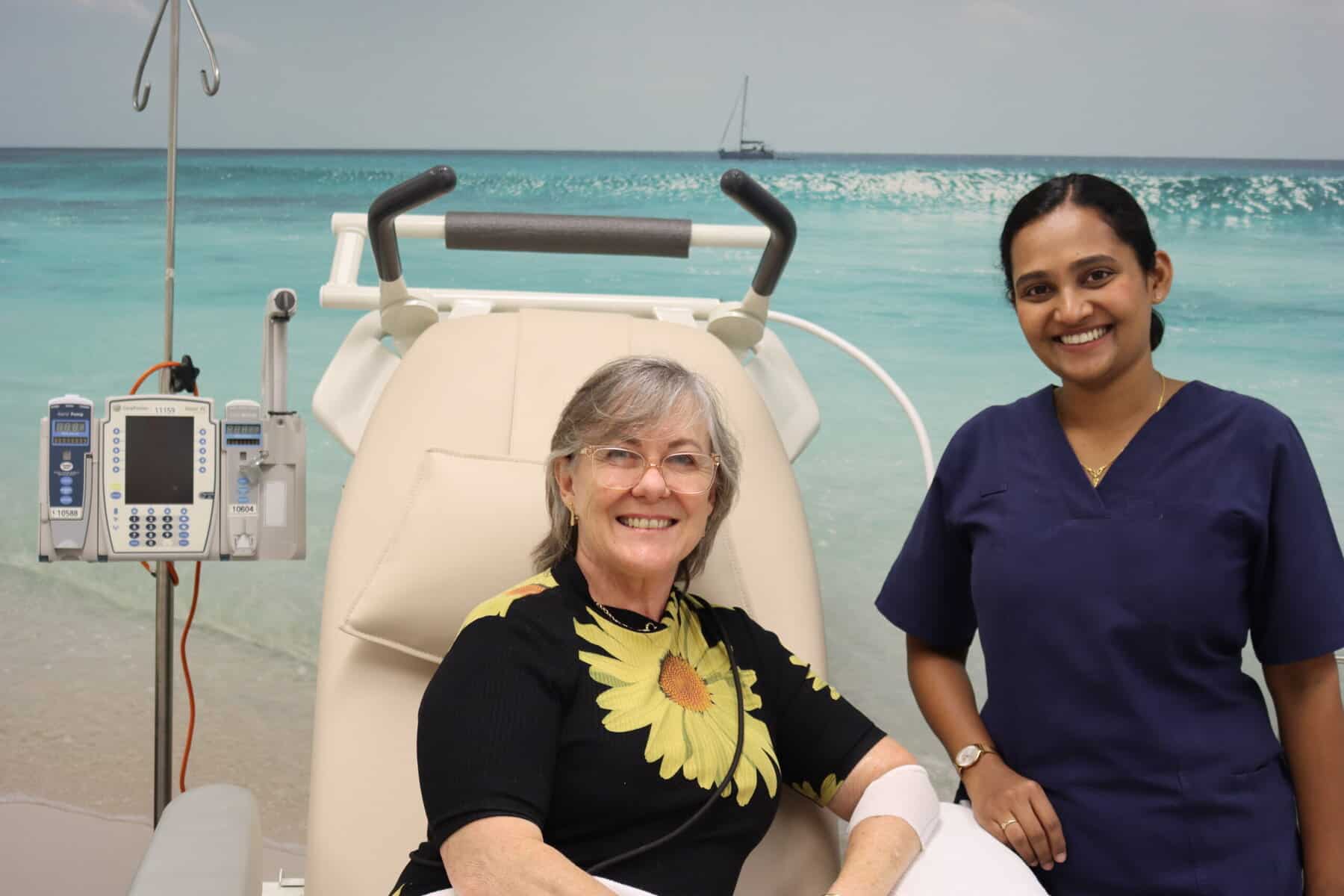Neurology
Motor Neurone Disease: Investigating if specific toxins contribute towards to the onset of MND
Research Objectives
Status
Completed
Recruitment
Closed
Study location
Wesley Research Institute, The University of Queensland
Study type
Investigator Initiated
Lead investigator
- Prof Pamela McCombe (UQ)
Experienced investigator
- Dr Aven Lee (UQ)
About this research project
Motor neurone disease (MND) is a severe disease for which there is no successful therapy. Currently there is no cure for MND. The best approach in clinical practice is primary prevention through the modification of risk factors.
In a novel study previously funded by Wesley Research Institute, we have demonstrated that MND patients have increased levels of homocysteine sulfinic acid, an excitotoxin that can be produced by the gut microbiota.
In this follow up study, we will investigate if the increases in these excitotoxins change during disease progression and correlate with survival. These toxins could contribute to the onset of MND. It’s possible that eliminating these gut toxins could lead to better patient outcomes.
Latest News

Queensland Scientists Win Prestigious NHMRC Science to Art Award
A breathtaking image capturing the intricate details of skin cancer has earned the Queensland Spatial Biology Centre (QSBC) scientists the prestigious 2025 National Health and Medical Research Council (NHMRC) Science to Art Award.

Advancing Coeliac Disease Research
For decades, the gluten-free diet has been the only option for the 1 in 70 Queenslanders – over 80,000 people – living with coeliac disease. Now, clinical trials, spearheaded by Dr James Daveson, Director of the Wesley Coeliac Disease and Immune Health Research Program and the Coral Sea Institute in Mackay, are rewriting the script.

High Quality Healthcare, No Matter Your Postcode
A groundbreaking study by Queensland’s Wesley Research Institute, published in Nature’s new journal npj Health Systems, reveals that entrenched biases and systemic barriers are perpetuating these inequities, calling for an urgent reimagining of healthcare delivery across Australia.